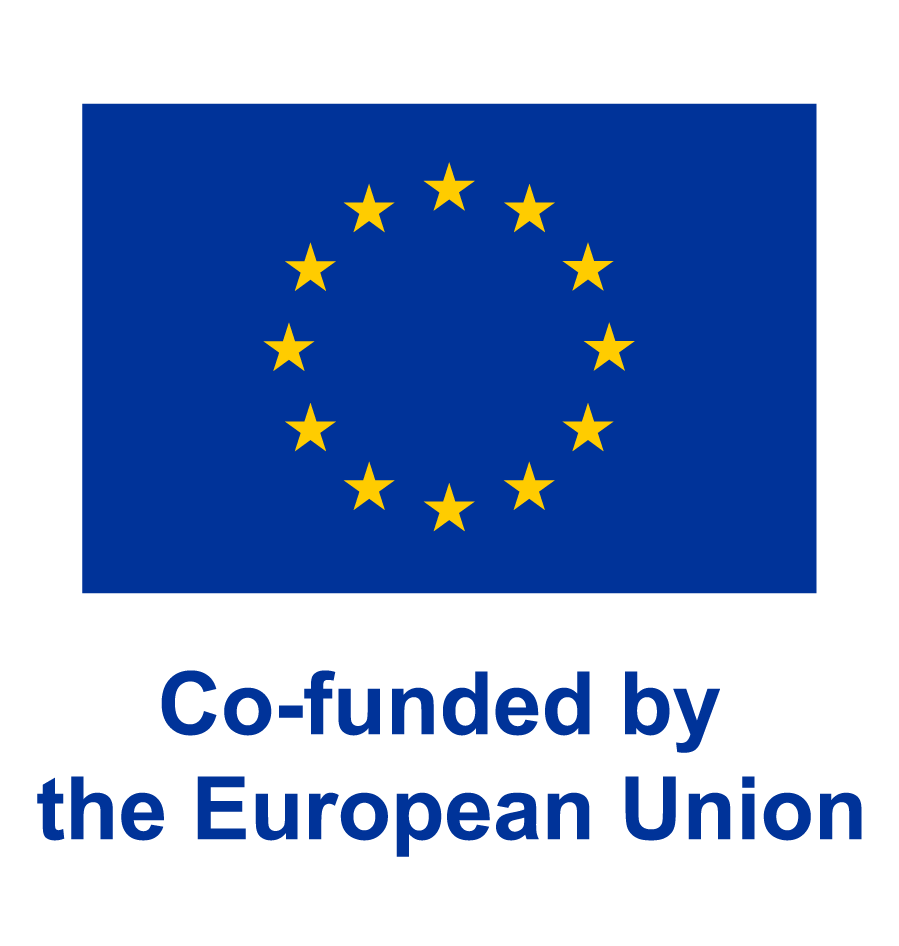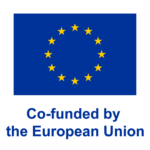As we approach World Mental Health Day on October 10th, the global focus on mental well-being shines brighter than ever. This year, an essential part of the conversation centers around maternal mental health—a topic that is often overshadowed by the physical aspects of pregnancy and motherhood (Zhu, 2024). In this light, projects like eMAMA are emerging as crucial support systems for mothers navigating motherhood’s emotional and psychological challenges.
Practically any woman can develop mental disorders during pregnancy and in the first year after delivery, but poverty, migration, extreme stress, exposure to violence (domestic, sexual and gender-based), emergency and conflict situations, natural disasters, and low social support generally increase risks for specific disorders (WHO,2024). Maternal mental health is deeply intertwined with a mother’s ability to thrive during and after pregnancy. While physical health monitoring is a well-established part of prenatal and postnatal care, mental health often takes a back seat. Maternal mental health encompasses the emotional and psychological well-being of women during pregnancy, childbirth, and the postpartum period. It is a crucial component of overall health, yet many women silently struggle with conditions such as postpartum depression, anxiety, and more severe disorders like postpartum psychosis and is described by Kimmel, 2020 as follows:
Postpartum Depression (PPD) is one of the most common mental health issues affecting new mothers. It is characterized by persistent feelings of sadness, anxiety, and exhaustion that can interfere with a woman’s ability to care for herself and her baby. While some degree of “baby blues” is normal, lasting symptoms should not be ignored.
Perinatal Anxiety includes anxiety disorders that can occur during pregnancy and the postpartum period. This might manifest as intense worry, panic attacks, or obsessive thoughts. For many women, these feelings can be overwhelming and distressing.
Postpartum Psychosis, though rare, is a severe mental health condition that requires immediate attention. It includes symptoms such as hallucinations, delusions, and severe mood swings, and it necessitates urgent medical intervention.
Maternal mental health is not only about the well-being of the mother but also significantly impacts the entire family dynamic. Historically, expectant mothers relied on traditional support systems, such as family, friends, and healthcare providers, for advice and emotional support (Zhu, 2024).A mother’s mental health can affect her relationship with her partner, her ability to bond with her baby and even the child’s long-term emotional development. When a mother struggles, it can create a ripple effect, influencing the entire household’s stability and happiness (Muliyani & Suryaningsih, 2023).
Despite the prevalence of maternal mental health issues, stigma and lack of awareness often prevent women from seeking help. Societal pressures and the expectation of “perfect” motherhood can exacerbate feelings of isolation and inadequacy. World Mental Health Day offers a valuable opportunity to challenge these misconceptions and advocate for better support systems.
Health Education is crucial. By increasing awareness about the signs and symptoms of maternal mental health conditions, we can empower women and their families to seek help early. Mental health education should be integrated into prenatal and postnatal care to ensure that all mothers receive the support they need.
Support Networks play a vital role. Creating safe spaces for mothers to share their experiences can reduce feelings of isolation. Peer support groups, counselling services, and community resources are essential in providing a network of care.
Professional Help is often necessary for managing and treating maternal mental health conditions. Healthcare providers should be trained to recognize and address these issues sensitively and effectively, offering appropriate treatments and interventions.
Let us commit this World Mental Health Day to making maternal mental health in the workplace a priority. We can:
- Advocate for Increased Resources: Push for better funding and resources for maternal mental health services. Ensure that these resources are accessible to all women, regardless of their socioeconomic status.
- Support Policy Changes: Advocate for policies that provide paid parental leave, flexible work options, and comprehensive mental health coverage. These measures can alleviate some of the pressures that contribute to mental health struggles.
- Promote Open Conversations: Encourage open discussions about maternal mental health in communities and among healthcare professionals. Sharing stories and experiences can reduce stigma and foster understanding.
- Educate and Empower: Support initiatives that educate expectant and new mothers about mental health. Empower them with knowledge and resources to recognize and address their mental health needs.
- Offer Support: Whether you’re a friend, family member, or healthcare provider, offering a listening ear and practical support can make a significant difference in a mother’s mental health journey.
Maternal mental health is an essential, yet often neglected, aspect of overall well-being. This World Mental Health Day, let’s shine a light on the challenges mothers face and work together to ensure that every mother receives the support and care she deserves. By breaking the silence and fostering a culture of understanding and support, we can help mothers thrive and, in turn, create healthier families and communities.
Together, we can make a difference. Let’s commit to prioritizing maternal mental health, not just on World Mental Health Day, but every day. Let us ensure that no mother feels alone in her maternity health journey.
Author: Stephanie van der Walt
References:
Kimmel, M. 2020. N C Med J. 2020;81(1):45-50. The North Carolina Institute of Medicine and The Duke Endowment.
Muliyani, N., & Suryaningsih, E. K. (2023). The Effect Of Family Support On Postpartum Depression: Scoping Review. Indigenous: Jurnal Ilmiah Psikologi, 8(3), 337-351.
World Health Organization. (2024). mhGAP intervention guide for mental, neurological and substance use disorders in non-specialized health settings: Mental health Gap Action Programme (mhGAP) (version 2.0). World Health Organization. https://www.who.int/teams/mental-health-and-substance-use/promotion-prevention/maternal-mental-health.
Zhu, Z. (2024). Maternal mental health monitoring in an online community: a natural language processing approach. Behaviour & Information Technology, 1–10. https://doi.org/10.1080/0144929X.2024.2333927



No responses yet